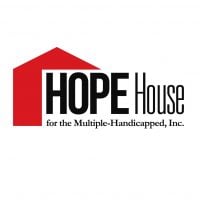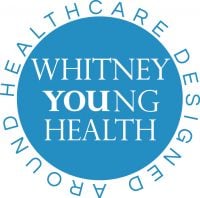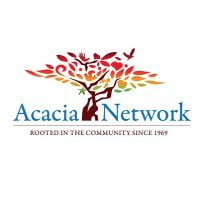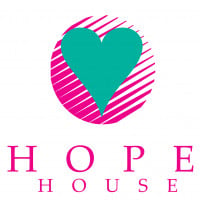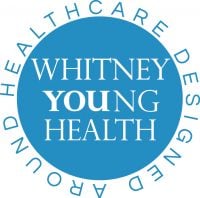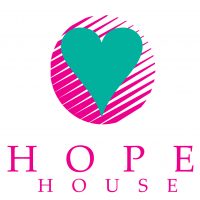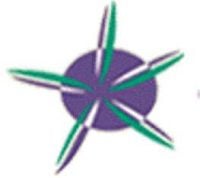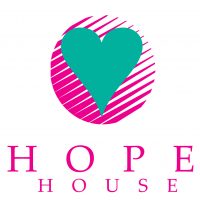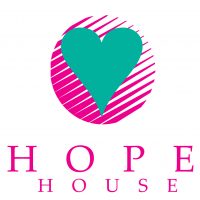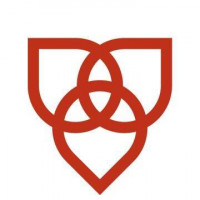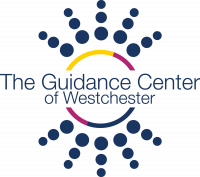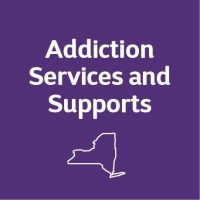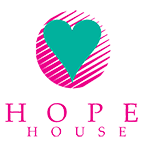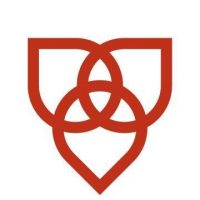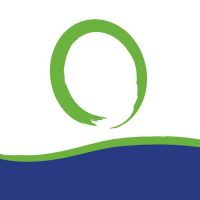Local and Nearby Rehab Centers in Albany, NY
Albany, New York has seen a recent increase in drug addiction and abuse, particularly with opioids. This has led to an increase in overdoses and fatalities. The reasons for this increase are not fully known, one possible factor is the availability of prescription opioids. Albany, New York is located in the center of a high-density area of pharmacies.
Some of the most commonly abused drugs in Albany, New York include prescription opioids (painkillers, such as oxycodone and hydrocodone), heroin, cocaine, and benzodiazepines (such as Valium and Xanax).
There are several drug and alcohol treatment facilities in Albany, New York. Some are local, while others are a bit further away but still offer excellent care. It is important to do your research and find the best facility for you or your loved one.
There’s opportunity for rehabilitation and a better future with a variety of drug and alcohol treatment services offered throughout the state, here’s what we have for Albany. Browse below and find all of the treatment facilities in Albany. We have listed hard to locate alcohol and drug rehab centers.
Contact Our Admissions Expert Hot-Line
We will help you find treatment based on your location, budget, and specific needs and help you get started safely.
Free + Confidential Consultation
Browse 51 Centers in Albany, New York
Addictions Care Center of Albany - Broadway in Albany, New York is a comprehensive addiction treatment facility offering services for alcohol, opioid, and substance abuse, dual diagnosis and mental health support, and various levels of care including detox, intensive outpatient, and outpatient care, with accreditation from SAMHSA and necessary state licenses.


Equinox Counseling Center in Albany, NY offers a range of addiction-related treatment services including detoxification, therapy, and aftercare support, with individualized treatment plans and compassionate professionals trained to address issues related to substance use disorders and mental health.


Albany Medical Center - Psychiatry Outpatient is a comprehensive rehabilitation center in Albany, NY specialized in treating patients with dual diagnosis, eating disorders, mental health issues and addiction to drugs and/or alcohol; offering individual and group counseling as well as cognitive-behavioral therapy, dialectical behavior therapy, trauma-informed care and motivational interviewing supported by private health insurance eligibility.
Eleanor Young Clinic provides comprehensive detoxification, treatment, and aftercare services for individuals struggling with addiction and mental health issues, accepting private health insurance to help make recovery more accessible.
Hope House - Outpatient Clinic is an addiction treatment facility located in Albany, New York that provides residential and outpatient levels of care services to individuals struggling with alcoholism, opioid addiction, substance abuse and dual diagnosis, combining detox with dual-diagnosis, intensive outpatient, and traditional aftercare support for those who are able to accept private health insurance.
Whitney Young Jr Health Center - Methadone Treatment Clinic MMTP
Whitney Young Jr Health Center's Methadone Treatment Clinic is an accredited addiction treatment facility located in Albany, NY offering customized programs, aftercare support and access to a range of resources to help individuals gain sobriety from opioid addiction, substance abuse, drug addiction and alcoholism.


Acacia Network - Camino Nuevo provides Aftercare Support, Detox, Drug Rehab, Outpatient, Residential and Inpatient Levels of Care with a 400 bed facility and accepts Private Health Insurance for those looking to get sober in New York.
Hope House - Bette Center is a 35 bed facility that offers comprehensive care services such as detox, drug rehab, dual-diagnosis, inpatient, and residential levels of care with the added benefit of accepting private health insurance and having a team of experienced professionals committed to helping individuals achieve lasting sobriety.
Whitney Young Jr Health Center - Harry and Jeanette Weinberg Treatment Center
The Whitney Young Jr. Health Center - Harry and Jeanette Weinberg Treatment Center in Albany, New York, offers accessible and quality health care services, including comprehensive addiction treatment services, to individuals and families in the area.


The Addictions Care Center of Albany is a drug rehab located in Albany, New York which provides treatment for substance abuse, drug addiction, alcoholism, and mental health with residential treatment, detox, and aftercare support.
Equinox Counseling Center in Albany, New York provides a wide range of personalized addiction treatment options including detox, inpatient and outpatient services, evidence-based therapies such as CBT, DBT and trauma-informed therapies, aftercare support, and accepts private health insurance coverage for individuals struggling with opioid addiction, substance abuse and drug addiction.
Hope House - Hubbard Center is an accredited addiction treatment center in Albany, New York offering a full range of services including detox, inpatient, sober-living and residential levels of care for individuals suffering from alcoholism, opioid addiction, substance abuse, dual diagnosis, and other drug addictions with a 35 bed facility that accepts private health insurance.


Senior Hope Counseling in Albany, New York, is a premier addiction treatment facility offering comprehensive services for individuals struggling with substance use disorder, including inpatient and outpatient care, aftercare support, and evidence-based treatments such as counseling, psychotherapy, and medication-assisted treatment.


Addictions Care Center - Albany offers a comprehensive, evidence-based approach to drug rehab and recovery with personalized services such as detox, inpatient and outpatient care, intensive outpatient care, residential, dual diagnosis treatment, sober living/half-way housing and aftercare support, all of which are accredited by SAMHSA and licensed by the State of New York to help individuals struggling with addiction achieve long-term sobriety.


The Addictions Care Center of Albany - McCarty Avenue
The Addictions Care Center of Albany - McCarty Avenue is an accredited addiction treatment facility in Albany, NY that offers various levels of care for individuals struggling with alcoholism, opioid addiction, drug addiction, and dual diagnosis, and provides aftercare support to help achieve long-term recovery.


Hope House is a comprehensive drug and alcohol rehabilitation center that offers varying levels of care, including residential treatment, inpatient treatment, detox and dual-diagnosis treatment, as well as aftercare support to help individuals who are suffering from addiction to opioids, substances, drugs and alcohol maintain their sobriety, all covered by most major private health insurance plans.
Hope House is a 21-bed residential drug rehabilitation facility located in Albany, NY, with a focus on helping women and children suffering from alcohol and substance abuse, including opioid addiction. It offers residential treatment, as well as aftercare support for clients, to aid in their long-term recovery and sobriety.
Saint Peter's Addiction Recovery Center - South Manning Boulevard
Saint Peter's Addiction Recovery Center, accredited by the JCAHO, is a reputable addiction treatment facility in Albany, NY providing quality detox, inpatient, and outpatient services.

This Addiction Treatment Facility in New York offers a range of care options to meet the needs of individuals suffering from opioid or substance abuse, including multiple levels of residential and outpatient care that are available with most private health insurance plans and supported by dedicated staff providing comprehensive guidance throughout the recovery journey.
Capital Counseling
Capital Counseling is a 236 bed facility in Albany, NY that specializes in addiction treatment and mental health services, offering a range of treatment options including aftercare support and outpatient treatment levels of care, with tailored treatment plans utilizing evidence-based practices and a staff of certified professionals, accredited by The Joint Commission and SAMHSA.


Trinity's Homer Perkins Center
Trinity's Homer Perkins Center provides comprehensive medical and therapeutic addiction treatment programs within a supportive environment, along with aftercare support for long-term recovery.

Saint Catherine's Center for Children - New Scotland Avenue
Saint Catherine's Center for Children on New Scotland Avenue in Albany, NY offers personalized treatment for addiction and substance abuse, with services including dual diagnosis treatment and evidence-based therapy, accommodating both inpatient and outpatient needs.
PYHIT - Altamont Program in Albany, NY is an accredited treatment facility that offers a wide range of services for individuals struggling with alcoholism, opioid addiction, substance abuse, and drug addiction.


Capital District Psychiatric provides comprehensive mental health, substance abuse, and addiction services in Albany, NY, with varying levels of care and dedicated treatments tailored to each client's needs, such as DBT, CBT, and various therapies, as well as accepting private health insurance.
Hope House - Hubbard Center II is a state-accredited addiction treatment facility in Albany, New York that provides residential and outpatient drug rehab services to those struggling with opioid, substance abuse, and drug addiction, accepting private health insurance plans.

Saint Peters Addiction Recovery Center - Outpatient Clinic
Saint Peters Addiction Recovery Center - Outpatient Clinic in Albany, NY offers comprehensive, evidence-based addiction treatment services with a focus on mental health, trauma, family dynamics, and community outreach, as well as specialized programs for veterans, high-risk clients, and individuals with co-occurring disorders.
Parsons Family Center - Healy House
The Parsons Family Center - Healy House, located in Albany, New York, provides a comprehensive and supportive environment for those seeking treatment for drug addiction and mental health issues, with a team of experienced and qualified professionals dedicated to helping clients achieve long-term sobriety.
Trinity Alliance of the Capital Region - Homer Perkins Center
The Homer Perkins Center in Albany, New York is an highly-regarded and long-standing drug rehab center that offers effective residential and outpatient treatment programs for opioid addiction and other forms of substance abuse, providing ongoing aftercare guidance to ensure a successful recovery.
Hospitality House - Therapeutic Community is a comprehensive Addiction Treatment Facility located in Albany, NY, providing individualized services for Alcoholism, Opioid Addiction, Substance Abuse, Dual Diagnosis, and Drug Addiction, with various levels of care, Aftercare Support, and Private Health Insurance accepted.
The Next Step is an Addiction Treatment Facility in Albany, NY providing specialized services and treatment plans for individuals suffering from Alcoholism, Opioid Addiction, Substance Abuse, and Drug Addiction with the option of using private health insurance or payment plans to help with costs associated with treatment.
- 1
- 2
Information About Substance Abuse and Addiction in Albany, NY
Drug abuse is a major problem in Albany, NY and it’s important for people who want to get sober and stay sober to know which treatment centers are the best. The first step of that process is understanding a bit more about drug addiction and abuse.
Addiction can develop quickly or slowly over time, depending on the drug, amount of use, and individual biology. Drug addiction is a chronic disease that requires ongoing treatment and support.
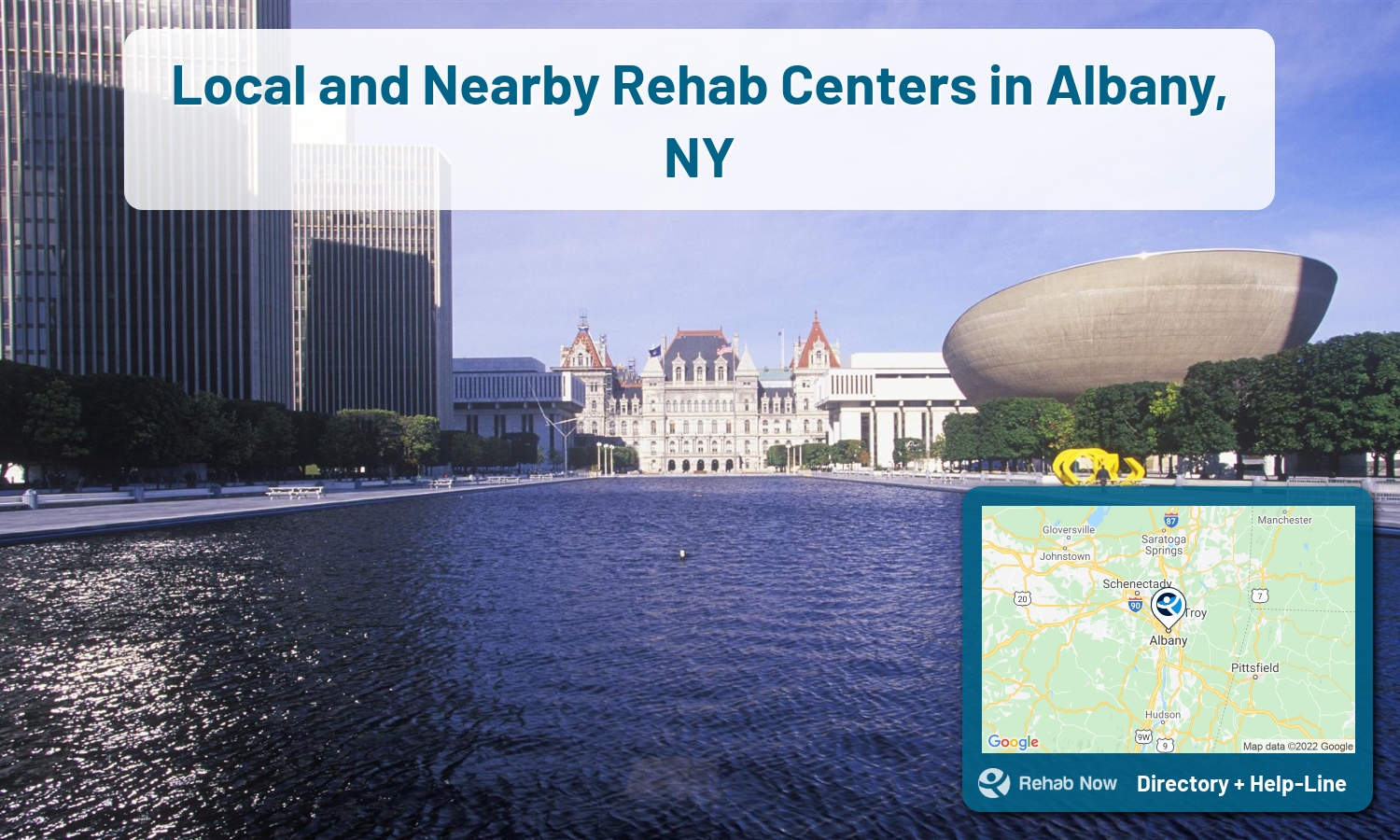
What types of treatment are available in Albany, New York?
There are many different types of drug and alcohol rehab, but most programs fall into one of three categories: inpatient, outpatient, and detox center.
Inpatient rehab is the most intensive type of treatment. You will live at the rehab center for the duration of your treatment, which can last from 30 to 90 days.
Outpatient rehab is less intensive than inpatient rehab. You will attend treatment sessions at a rehab center but will be able to go home each night.
Detox centers provide medically supervised detoxification services. If you need to detox from drugs or alcohol, you may need to stay at a detox center for a few days or weeks.
Drug and Alcohol Statistics in Albany, New York
According to recent statistics, around 8% of the population struggles with addiction to drugs. The city has seen its fair share of overdoses, deaths, and crime as a result of addiction. In addition, Albany has a high rate of alcohol abuse; more than 17% of adults in Albany report binge drinking at least once a month.
According to a study by the Albany Police Department, in 2016 there were 22 fatal overdoses and 358 non-fatal overdoses. About, 41% of the fatal overdoses were related to fentanyl, a powerful synthetic opioid. In addition, in 2016 there were 598 drug-related arrests.
- 57% of people who abuse drugs in Albany began using before the age of 18.
- Alcohol involves in 32% of fatal automobile accidents.
- The rate of hepatitis C is increased by 45% since 2002, primarily due to Intravenous drug use.
- 42% of incarcerated people reported past-year drug use.
Additional Treatment Centers in New York
More than 2 million New Yorkers are currently suffering from some type of substance abuse and many of those are minors. Alcohol abuse, in particular, is prevalent among those underage. As a result of the high prices and regulation of prescription drugs, many New Yorkers turn to heroin instead. This has led to a serious heroin epidemic in the state.
Still haven't found the right recovery center? Browse nearby New York cities.
- Saratoga Springs, NY (28.9 mi.)
- Oneonta, NY (68.9 mi.)
- Red Hook, NY (46.9 mi.)
- Corning, NY (173.0 mi.)
- Hartsdale, NY (114.0 mi.)
- Hamden, NY (71.9 mi.)
- Millbrook, NY (61.0 mi.)
- Coram, NY (130.1 mi.)
- Staten Island, NY (145.9 mi.)
- Bath, NY (183.7 mi.)
- Valley Cottage, NY (107.6 mi.)
- Westbury, NY (132.4 mi.)
- New York, NY (301)
- Brooklyn, NY (208)
- Bronx, NY (156)
- Buffalo, NY (101)
- Rochester, NY (71)
- Albany, NY (51)
- Syracuse, NY (48)
- Staten Island, NY (44)
How do I know if I need rehab?
If you’re concerned about your drug or alcohol use, it’s important to seek help. There are many signs and symptoms of addiction, including but not limited to:
- Using drugs or alcohol even though you know it’s causing problems in your life
- Feeling like you can’t live without drugs or alcohol
- Hiding drugs or alcohol use from family or friends
- Needing more of the drug or alcohol to feel the same effects
- Experiencing withdrawal symptoms when you stop using drugs or alcohol
It’s important to get help if you’re experiencing any of these signs. Drug and alcohol rehab can provide you with the treatment and support you need to get and stay sober.
What kind of therapies will I receive?
Alcohol and drug addiction are both complex diseases that can require a variety of treatments. Some people may need medication to help them detoxify, while others may require behavioral therapies or counseling.
In a rehab facility, you will get comprehensive care that can address all of your needs. Before treatment begins, the staff will assess your condition and create a treatment plan that is tailored to you.
You may receive therapies such as cognitive-behavioral therapy, 12-step facilitation therapy, and motivational interviewing. You may also get help with your nutrition and fitness, as addiction can often lead to weight gain or obesity.
What if I’m struggling with multiple addictions?
Many people who struggle with addiction also have co-occurring mental health disorders. This is known as dual diagnosis or co-occurring disorder. If you’re struggling with addiction and another mental health disorder, it’s important to seek treatment for both conditions.
Dual diagnosis treatment can provide you with the care you need to address both conditions and get and stay sober. This type of treatment typically involves medication, therapy, and support services.
If you abuse more than one substance, you may also need treatment for polysubstance abuse. This type of treatment can provide you with the care you need to address all of your addiction issues.
How long will I have to stay?
The length of your stay in rehab will depend on a variety of factors, including the severity of your addiction, the type of treatment you receive, and your individual goals for treatment.
Most people stay in rehab for 30 to 90 days, but some people may need longer-term treatment. In addition, after you complete rehab, you will likely need ongoing treatment and support to stay sober. This could include therapy, 12-step meetings, or support groups.
What are the staff credentials?
Rehab staff should be licensed and certified in their area of work. Your treatment team may include doctors, nurses, therapists, and counselors.
Doctors will help you detoxify and manage any medical issues you may have. Nurses will help with your care and monitor your progress. Therapists and counselors will help you address the underlying causes of your addiction and work on behavioral changes.
It’s important to ask about staff credentials when considering a rehab center. You should also check to see if the center is accredited by a reputable organization.
What accreditation does the rehab center have?
Rehab centers can be accredited by a variety of organizations, including the Joint Commission on Accreditation of Healthcare Organizations (JCAHO) and the Commission on Accreditation of Rehabilitation Facilities (CARF).
Accreditation from these organizations means that the rehab center meets certain standards of quality and care. You can check the accreditation status of a rehab center on the JCAHO and CARF websites.
Should I choose a rehab center close to home?
There are pros and cons to choosing a rehab center close to home. On one hand, it can be convenient to stay close to home while you’re in treatment. This can make it easier for you to get to therapy sessions and meetings.
On the other hand, staying close to home can also be a temptation. It can be easy to give in to old temptations and triggers when you’re close to home.
If you choose a rehab center close to home, make sure that you have a strong support system in place to help you stay sober. This could include family members, friends, or sponsors.
Those struggling with addiction can find help through addiction rehab facilities in Pottsville, PA. Get help now! (888) 674-0062.




